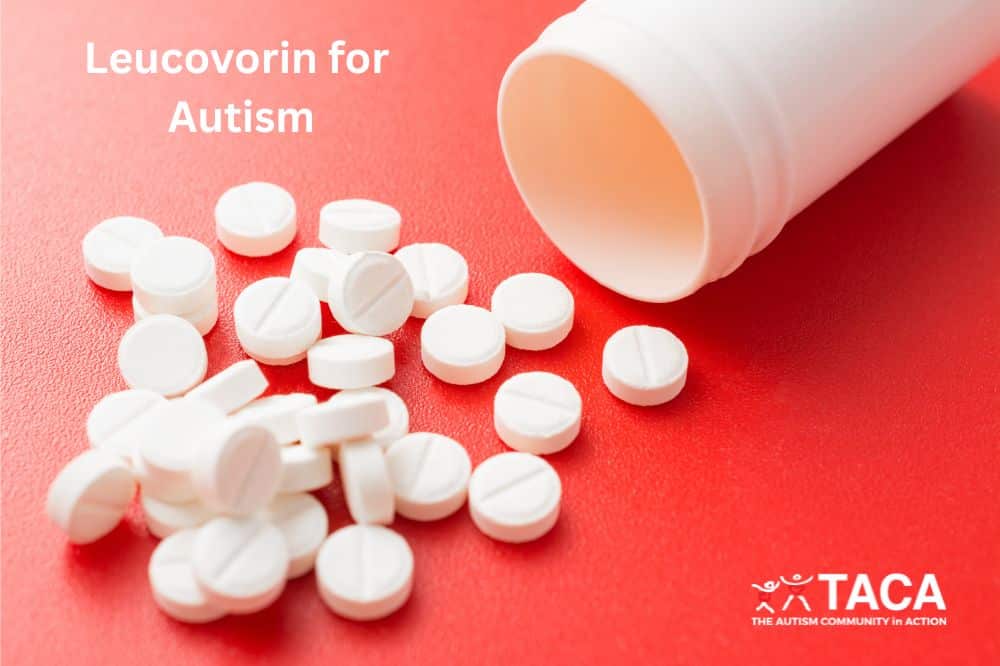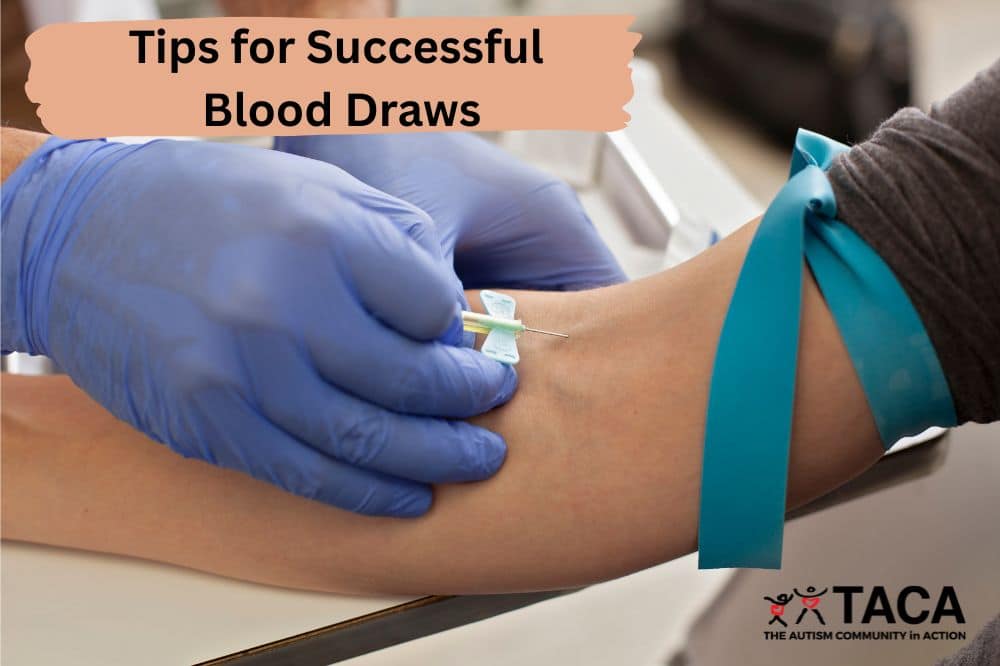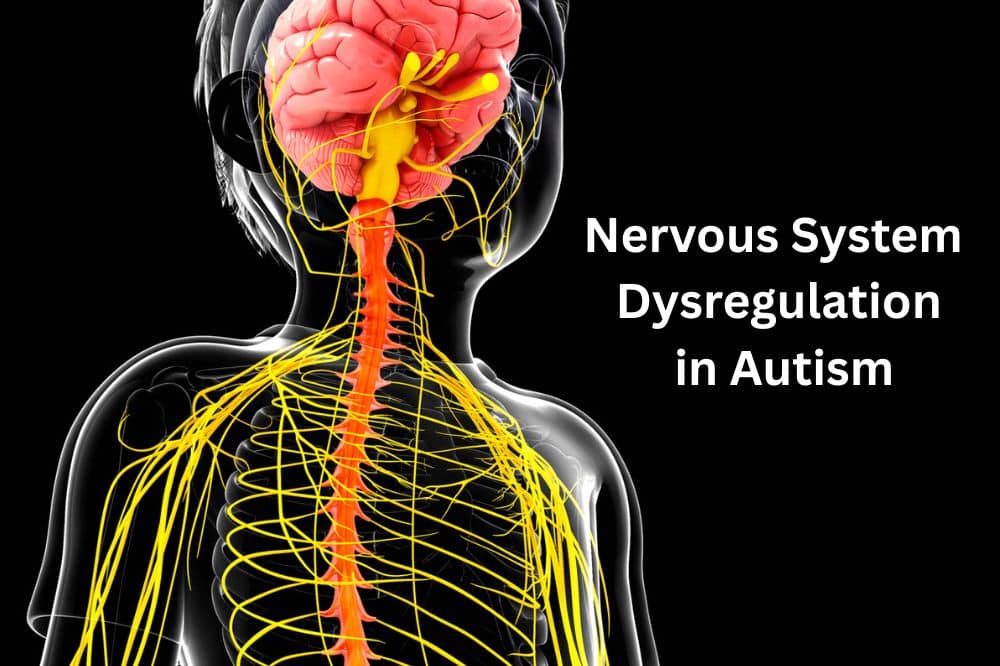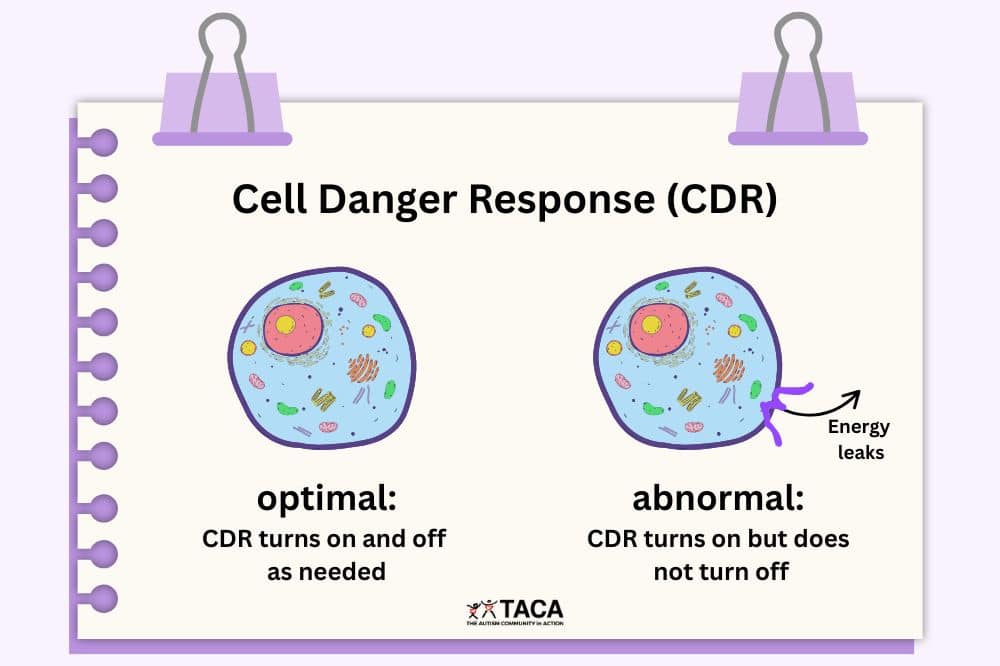Nutritional Deficiencies in Autism

All contents of this resource were created for informational purposes only and are not intended to be a substitute for professional advice, diagnosis, or treatment. Always seek the advice of your physician, therapist, or other qualified health providers with any questions or concerns you may have.
There are numerous circumstances in which our kids diagnosed with autism have nutritional deficiencies. This can be due to restricted eating habits, malabsorption issues in a compromised gastrointestinal tract, autoimmunity, or even genetic abnormalities. No matter the reason, this can have serious impacts on health. In addition, nutritional deficiencies can actually contribute to autism symptoms! Therefore, we will explore the symptoms of some of the most commonly missing vitamins and minerals.
This TACA article will cover:
- Why do we see nutrient deficiencies in autism?
- Consequences of nutrient deficiencies
- Testing for nutrient deficiencies
- Water-Soluble Vitamins
- Fat-soluble vitamins
- Minerals
- Lipids
- Amino Acids

Reasons for nutrient deficiencies in kids diagnosed with autism
There are numerous reasons for nutrient deficiencies in kids diagnosed with autism.
Picky, restricted eating habits.
This 2020 research review of 63 published articles explains that severe nutrient deficiencies of vitamin A, thiamine (B1), vitamin B12, vitamin C, and vitamin D were found in individuals with autism due to their restricted eating. Additionally, this study of kids ages 0-17 with avoidant/restrictive food intake disorder (ARFID) met only 20%-30% of the recommended intake for most vitamins and minerals, with significantly lower intake of vitamin B1, B2, C, K, zinc, iron, and potassium.
Malabsorption in the gut
Although a healthy diet is always first priority, the compromised gastrointestinal tracts of autism patients can cause nutrient malabsorption issues. Malabsorption can occur for many reasons including Celiac disease, a lack of gastric acid, Small Intestinal Bacterial Overgrowth (SIBO), a lack of digestive enzymes, or a parasitic infection. When these GI issues are present, the body cannot absorb vitamins and minerals as it should. This means that your child could have a very healthy diet but still be very deficient in micronutrients.
Autoimmunity in the form of autoantibodies blocking nutrient receptors.
Autoimmunity can cause poor folate absorption. This occurs when folate receptor autoantibodies can block the absorption of folate. As a result, levels of folate in the brain are decreased. Learn more in this TACA article on Cerebral Folate Deficiency.
An inability to use the form of the vitamin eaten or taken due to particular genetics (SNPs)
Genetic polymorphisms can affect the body’s ability to absorb nutrients. An example of this is the VDR polymorphism, which makes it hard for the body to absorb and use Vitamin D. Likewise, this study showed that some kids with autism had high levels of B6 in their blood, but low levels of the bioavailable form of B6, p5p. They may be unable to convert vitamins to their bioavailable form.

Consequences of Nutrient Deficiencies
There is research showing more kids are being diagnosed with disorders such as Scurvy (lack of Vitamin C) and Beriberi (lack of B1). Doctors have not seen diseases as a result of nutrient deficiencies in many years because of wide-spread access to a variety of foods. Therefore, doctors may not even recognize it when seeing it. However, case studies are showing that some kids with autism are being diagnosed with serious deficiency diseases.
This 2022 publication of critical vitamin deficiencies in autism showed:
- A patient with Beri-Beri as a result of B1 deficiency presented with cardiac arrest and severe neurological problems. Unfortunately, rapid vitamin supplementation did not stop the progression of the disease.
- Several children with autism had a critical level of thiamine (B1) deficiency.
- Another patient with scurvy as a result of vitamin C deficiency had symptoms of leg pain and limping. He recovered with IV Vitamin C and tube feeding.
How to Determine if your Child has Deficiencies
There is lab testing that can reveal deficiencies. Additionally, you can look for symptoms.
*Please note that if lab testing shows a deficiency, therapeutic doses may be required and should be accomplished under the care of a functional medicine practitioner.
There is a difference between a standard dose and a therapeutic dose.
- A standard dose or RDA (Recommended Dietary Allowance) is the amount of a vitamin or mineral needed for the average healthy person to stay well.
- By contrast, therapeutic doses are higher doses given to achieve a desired outcome. These doses require a functional medicine provider for guidance.
Most vitamins and minerals can be checked with regular bloodwork through LabCorp or Quest Labs. They are individually ordered. However, most insurance companies will not cover these tests unless there is a documented need to test for them, and the correct insurance billing code is provided. Lastly, it is important to remember that even if a blood test does not show a deficiency, that does not mean that the vitamin or mineral is getting to where it needs to go in the body. For example, you can have perfect serum folate levels but low folate levels in the brain.
Additionally, there are specialty labs that look at a wide variety of micronutrients:
- Quest Diagnositics – Micronutirents
- Genova – Comprehensive Nutritional Test
- SpectraCell – MicroNutrient Panel
- Vibrant America – Micronutrients
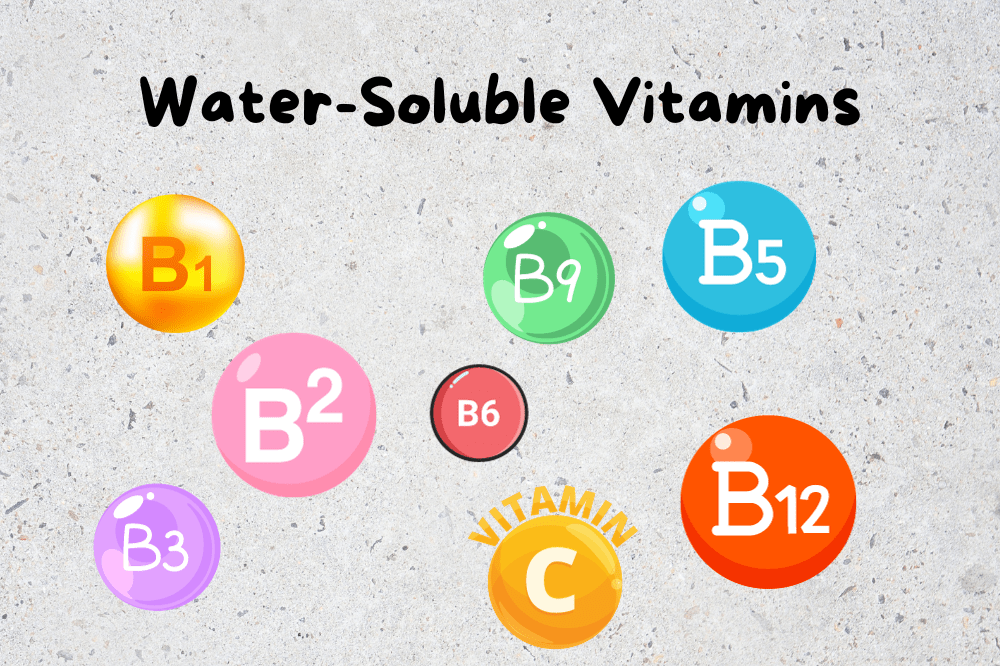
Water-Soluble Vitamins
Water-soluble vitamins are easily absorbed. Excess water-soluble vitamins are excreted in the urine.
Vitamin B1 (Thiamine)
Thiamine plays an important role in the metabolism of fats, carbohydrates, and protein. Therefore, it is important for mitochondrial function.
The bioavailable forms of B1 are alliathiamine, lipothiamine, benfonthiamine.
Often seen in conjunction with Vitamin B1 deficiency:
- Constipation
- Delayed Speech
- Fatigue
- Foot/Wrist drop
- Headaches
- Muscle weakness
- Noise sensitivity
- Over-sleeping
- Poor eye muscle control
- Rapid heart rate
- Swelling
- Trouble sleeping
- Trouble swallowing
Vitamin B2 (Riboflavin)
Riboflavin is also important to the metabolism of carbohydrates, fat, and protein. It is also needed to activate B6 and B9.
Often, if you get a fishy smell from taking L-carnitine, B2 will resolve that issue.
The bioavailable form of B2 is r5p.
Often seen in conjunction with Vitamin B2 deficiency:
- Cracks in the corners of the mouth
- Itchy eyes
- Fatigue
- Growth delay
- Hair loss
- Light sensitivity and Night blindness
Vitamin B3 (Niacin)
Niacin is important for cell metabolism and is the only vitamin that releases growth hormones. It also stimulates hydrochloric acid in the stomach to ensure proper digestion.
Niacin is known as “nature’s valium” because it is very calming.
The best form of niacin is niacinamide because it will not cause flushing.
Often seen in conjunction with Vitamin B3 deficiency:
- Canker sores
- Diarrhea
- Fatigue
- High Triglycerides
- Moodiness
- Low high-density lipoprotein cholesterol (HDL)
- “Red-neck” due to light-sensitive cells
- Skin conditions
- Sore tongue
Vitamin B5 (Pantothenic acid)
B5 is called the anti-stress vitamin because it activates the adrenal glands to produce cortisol.
The bioavailable form of B5 is Coenzyme A.
Often seen in conjunction with Vitamin B5 deficiency:
- Adrenal fatigue or insufficiency
- Allergies (including hives & eczema)
- The adrenal glands secrete cortisone which prevents the release of histamine.
- Because B5 supports the adrenals, it can decrease allergic reactions.
- Fatigue
- Greying hair
- Irritability, restlessness
- High Cholesterol
- Pathogenic Clostridia infection in the gut
- Clostridia uses up Coenzyme A (B5)
- Poor sleep
Vitamin B6 (Pyridoxine)
B6 is involved in energy, amino acid, carbohydrate, lipid, and hormone metabolism. Additionally, B6 works to make neurotransmitters and is responsible for nerve function.
The active form of B6 is p5p.
Often seen in conjunction with Vitamin B6 deficiency:
- Irritability, anxiety, or depression
- B6 is needed to make neurotransmitters
- Fatigue
- Communication or speech delay
- Cracks in the corners of the mouth
- Hyperactivity
- Numbness or burning in feet and hands
- High homocysteine
Vitamin B9 (Folate)
Folate is brain food. It is needed to make red blood cells, for energy production, and is important for proper cell division and replication.
There is also research showing that many kids diagnosed with autism have autoantibodies that block folate from entering the brain. See more information on that topic in TACA’s website article titled “Cerebral Folate Deficiency in Autism”
The most bioavailable forms of B9 are folinic acid and 5MTHF.
Folic acid should be avoided as it is oxidized and difficult for most people to convert to a usable form.
Often seen in conjunction with Vitamin B9 deficiency:
- Autism
- Developmental delays
- Failure to thrive
- Fatigue
- High homocysteine
- Immune dysfunction
- Inflammation of the gums
- Irritability
- Low monocytes
- Low white blood cells
Vitamin B12 (cobalamin)
B12 is a red vitamin needed to make red blood cells, protect the nervous system, and metabolize carbohydrates, fats, and proteins,
Methyl B12 not only supports methylation but has also been found to help many kids with autism. Learn more about Methyl B12 for Autism here.
Active forms of B12 are Methylcobalamin (MB12) and Adenosylcobalamin (AB12).
Often seen in conjunction with Vitamin B12 deficiency:
- Developmental delay
- Elevated homocysteine
- Fatigue
- Helicobacter Pylori Infection
- High use of antibiotics
- Some B12 is made in the gut by bacteria. When antibiotics kill those bacteria, B12 is reduced.
- Low monocytes (On a CBC blood test)
- Low stomach acid (Use of PPIs)
- Gastric acid is needed to absorb B12 from food.
- Numbness or tingling sensation
- Over-sensitive to touch
- Poor balance or gait
- Poor memory
- Vegan Diet
- The most bioavailable sources of B12 are from animals.
Vitamin C (ascorbic acid)
Vitamin C is a powerful antioxidant; therefore, it is important for immunity. It is needed to help heal wounds and assist iron absorption.
The body does not produce or store Vitamin C, so sources of Vitamin C MUST be eaten regularly to avoid a deficiency.
It is important to know that Vitamin C supplementation is contraindicated with kidney disease, high oxalates, and hemochromatosis.
Also note that Vitamin C is derived from corn, in case there is a corn sensitivity.
Often seen in conjunction with Vitamin C deficiency:
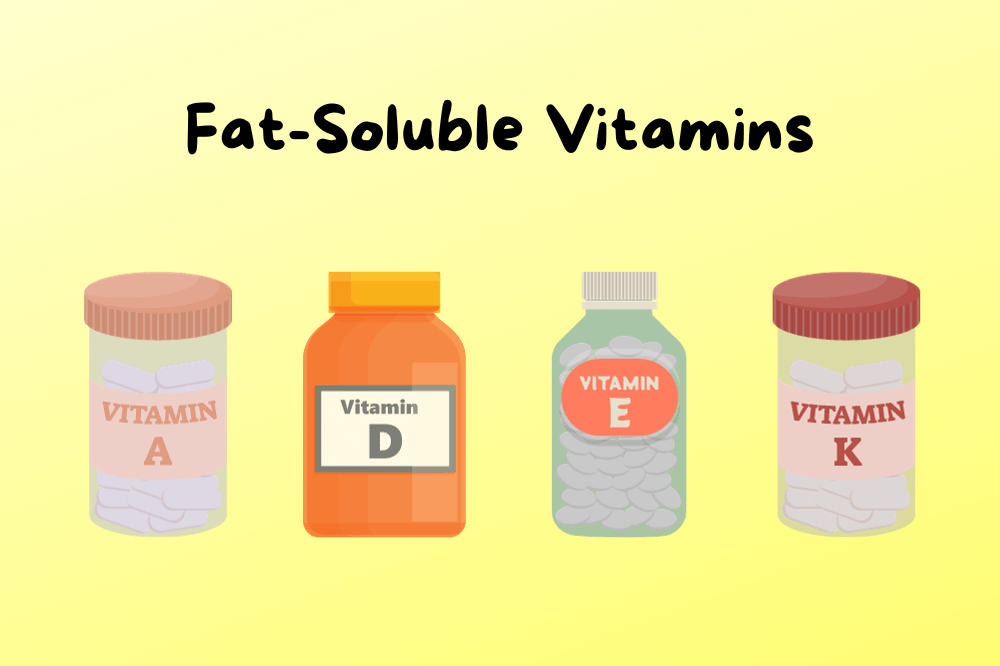
Fat-soluble vitamins
Fat-soluble vitamins must be taken with a fat to be absorbed. They can accumulate in the liver; therefore, monitoring levels with blood testing is critical.
Vitamin A
Vitamin A is important to fight off illness and infections. Additionally, it is needed for proper vision, growth, and development
The retinol-binding protein that transports vitamin A needs zinc. Therefore, if there is a zinc deficiency, vitamin A function is usually impaired.
Zinc converts retinol to retinal, which is the form of vitamin A needed for rods in the eyes.
Micellized Vitamin A is a water-soluble form of Vitamin A, which is well absorbed.
Often seen in conjunction with Vitamin A deficiency:
- Acne
- Dry skin and eyes
- Getting sick often
- Keratosis pilaris (chicken skin)
- Looking out of the corners of the eyes.
- This may be due to impaired rods and cones in the eyes
- Many parents report improvement in eye contact after Vit A supplementation
- Visual stimming
Vitamin D
Vitamin D is needed to help the body absorb calcium and fight off illness and infection. The majority of Vitamin D is made in the skin after being exposed to sunshine. However, despite plenty of sunshine it, is still possible that some kids cannot convert sunshine to Vitamin D effectively.
This 2020 study of 1529 patients with ASD, ages 3 to 18 years, showed Vitamin D deficiency or insufficiency was found in approximately 95% of all patients.
Vitamin D3 is best for supplementation.
Often seen in conjunction with Vitamin D deficiency:
- Bow legs
- Delayed tooth eruption
- Eczema
- Frequent illness
- Heavy sweating
- Impaired cognition
- Low calcium
- D is needed to promote calcium absorption
- Seizures
- Speech delay
Vitamin E
Vitamin E is an antioxidant that prevents cell damage by inhibiting the oxidation of fats. It also helps nerve function, muscle health, and cholesterol metabolism.
D-alpha-tocopherol or mixed natural tocopherols are the most effective.
Often seen in conjunction with Vitamin E deficiency:
- Cognitive Impairment
- Damage to retina (pigmented retinopathy)
- Delayed Speech
- Fat malabsorption
- Impaired Balance and coordination
- Loss of feeling in arms and legs
- Sleep problems
Vitamin K
Vitamin K is needed for blood clotting and bone formation and helps the bone absorb calcium.
The best form is MK-7 (K2)
Often seen in conjunction with Vitamin K deficiency:
- Blood sugar regulation issues (“hangry”)
- High use of antibiotics
- Gut bacteria make Vitamin K
- Therefore, antibiotics that kill bacteria can reduce vitamin K production.
- High calcium in the blood
- K is needed to direct calcium to the bones
- Poor blood clotting
- Poor or restricted diet low in fiber
- Use of cholesterol-lowering drugs
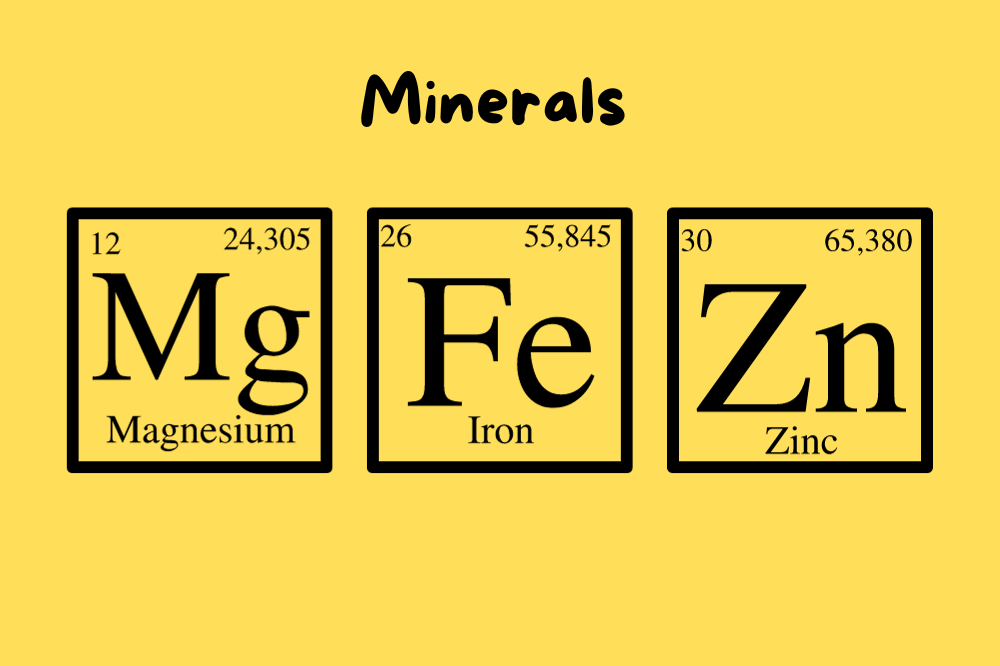
Minerals
Minerals are important for bones, teeth, hormone production, muscles, and brain and nervous system health.
Magnesium
Magnesium is a critical mineral needed for hundreds of metabolic processes in the body. It is needed for energy production, for the uptake of calcium and potassium, for hormone production, and more.
This study from 2020 showed that kids with autism and ADHD had lower magnesium in their hair and excreted too much magnesium in their urine. For this reason, hair and urinary magnesium levels were considered significant predictors of neurodevelopmental disorders.
Different forms of magnesium have different functions.
- Magnesium Citrate – for constipation
- Magnesium Oxide – for constipation
- Magnesium Glycinate – for calming and sleep
- Magnesium L-Threonate – for cognition
- Magnesium Sulfate (used as Epsom Salt in baths) – for calming
- Magnesium Taurate – for nerve and muscle function
- Magnesium Malate – for energy production and detoxification
- Magnesium Chloride – to increase low stomach acid, boost energy, and relax muscles
Common symptoms of deficiency are:
Iron
Iron is needed for the production of hemoglobin which takes oxygen from the lungs to the tissues. It is important for growth, a healthy immune system, and energy production.
Caution:
- Your doctor must test your child’s iron level before supplementation because too much iron is dangerous.
- A hemoglobin test is not enough. You need an iron panel and ferritin to know exact iron levels.
Common symptoms of deficiency are:
- Cold hands and feet
- Dizziness
- Easy bruising
- Fatigue
- Pale skin
- Pica (eating non-food items)
- Poor sleep
- Restless legs
Zinc
Every human cell contains zinc. It is very important to immune function and proper growth. Additionally, zinc is needed for reproductive health, energy metabolism, proper sense of taste and smell, and to fight the formation of free radicals.
Note about zinc & copper:
- Low levels of zinc often occur along with too much copper and the Copper : Zinc ratio correlates with the severity of symptoms associated with autism.
- Zinc and Copper are like a see-saw. When one goes up, the other goes down.
- The goal is for a 1:1 ratio between serum copper and zinc.
Taking zinc is known for upsetting the stomach, so make sure to take it with food.
In addition, zinc can lower cortisol levels; therefore, it is better to take it in the evening since it is ideal for cortisol to be lower before bedtime.
Zinc Picolinate tends to be the zinc form of choice, especially when using zinc to treat picky eating.
Common symptoms of zinc deficiency are:
- Allergies
- Eczema
- Gets sick often
- Loss of taste or smell
- Picky eating
- Pica (eating non-food items)
- Poor eye contact
- Poor night vision
- Speech delay
- White lines on nails
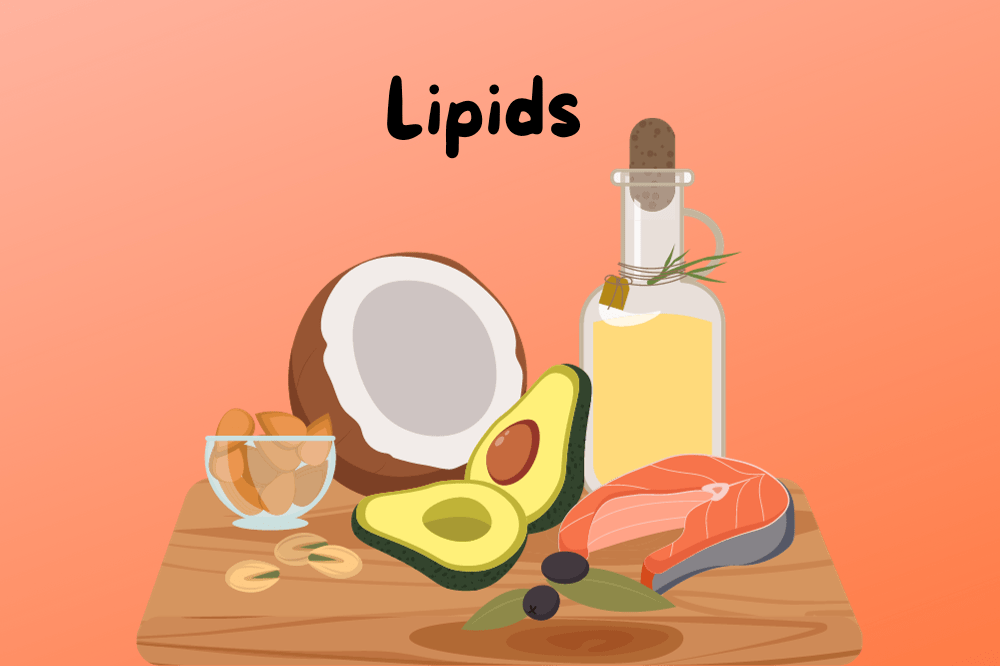
Lipids
Lipids are fats that control what goes in and out of cells. They also help absorb vitamins and make hormones.
Omega 3 Fatty Acids (EPA & DHA)
Omega 3s keep cell walls soft and not rigid. Sixty percent of the brain is fat; therefore, healthy fats are extremely important to brain health.
The body cannot make Omega 3 fatty acids, so they are considered “essential”.
The most bioavailable forms of Omega 3 are found in fish. For this reason, it is referred to as fish oil. Therefore, if you do not eat fish, you likely need a supplement. Make sure your supplement is third-party tested for mercury toxicity. Look for brands that are molecularly distilled.
The three main omega-3 fatty acids are:
- Alpha-linolenic acid (ALA) – This is found in plants and can be converted to EPA & DHA to be used by the body BUT studies show only a very low percentage of Alpha-linolenic acid is actually converted to a usable form.
- Eicosapentaenoic acid (EPA) – EPA is an anti-inflammatory.
- Docosahexaenoic acid (DHA) – DHA is known to help with cognition.
Common symptoms of Omega 3 fatty acid deficiency are:
- ADHD symptoms
- Behavioral issues
- Brittle nails
- Developmental delays
- Excess ear wax
- Excessive thirst
- Keratosis pilaris (chicken skin)
- Poor vision
- Speech Impairment
Coenzyme Q10 (Ubiquinone)
CoQ10 is critical to energy production. In fact, ubiquinol is the most important nutrient for mitochondrial dysfunction which is so common in autism. For this reason, it is very important for neurological function, cognition, immune function, and circulation. It also inhibits histamine, so it can be beneficial for allergies.
CoQ10 is oil soluble and best when taken with fatty food or healthy oil for best absorption.
The most bioavailable form of CoQ10 is ubiquinol.
Common symptoms of CoQ10 deficiency are:
- Abnormal eye movements
- Fatigue
- Getting sick often
- Intellectual disability
- Muscle weakness
- Poor cognition
- Poor muscle tone
- Seizures
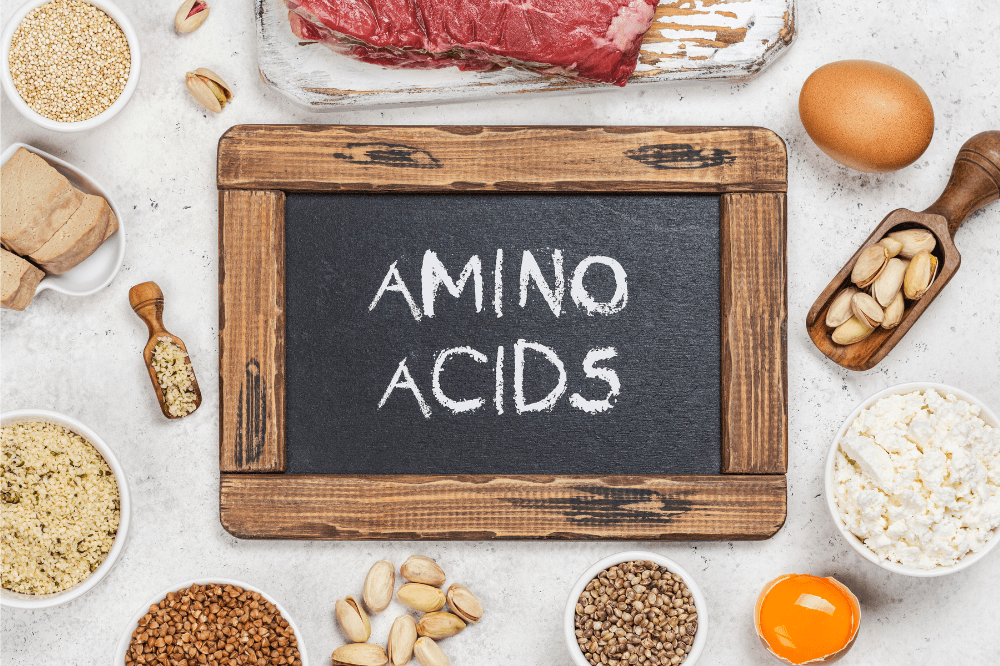
Amino Acids
Amino acids are the building blocks of proteins.
Carnitine
Carnitine carries fat into the cell so it can be used for energy. Therefore, if you have difficulty with fatty acid oxidation (or breaking down fatty acids to more useable forms to then be converted to energy), then carnitine is needed. Remember that it only helps to eat healthy fats if the body can use them. For these reasons, L-carnitine is a very important mitochondrial support.
The body can make its own carnitine ONLY if it has enough Vitamin C, B1, B6, iron, lysine, and methionine. Otherwise, a carnitine deficiency can occur.
Serum (blood) testing for Carnitine levels is very important and can be ordered by your pediatrician. However, it is important to note that L-carnitine is not stored in the blood. It is stored in the muscle and tissue. Therefore, even if your child’s carnitine level is normal, it may still be low in the muscle and tissue. For this reason, supplementation decisions are often based on symptoms.
Prescription L-Carnitine, also known as LevoCarnitine, is covered by insurance.
Commonly seen in conjunction with carnitine deficiency:
Taurine
Taurine is a sulfur-containing amino acid that supports both the immune and nervous systems. Therefore, it is needed most during illness and stress.
Taurine helps protect the brain from glutamate toxicity by helping balance glutamate and GABA.
The body can make its own taurine from other amino acids but if you are eating a vegetarian or vegan diet, your levels of taurine will be lower.
Additionally, taurine supplementation may interfere with seizure medication or antidepressants.
These symptoms may warrant investigating a Taurine supplement:
- Constipation
- Oxalates (crystals in urine)
- Seizures
- Taurine is believed to help with seizures because it balances neurotransmitters.
- Poor sleep
Conclusion
In conclusion, there can be numerous reasons that your child diagnosed with autism has nutrient deficiencies. These deficiencies can result in a variety of symptoms that look a lot like autism, but the good news is that vitamin and mineral deficiencies are very treatable.

